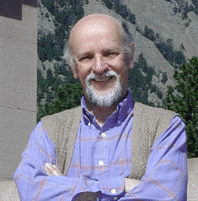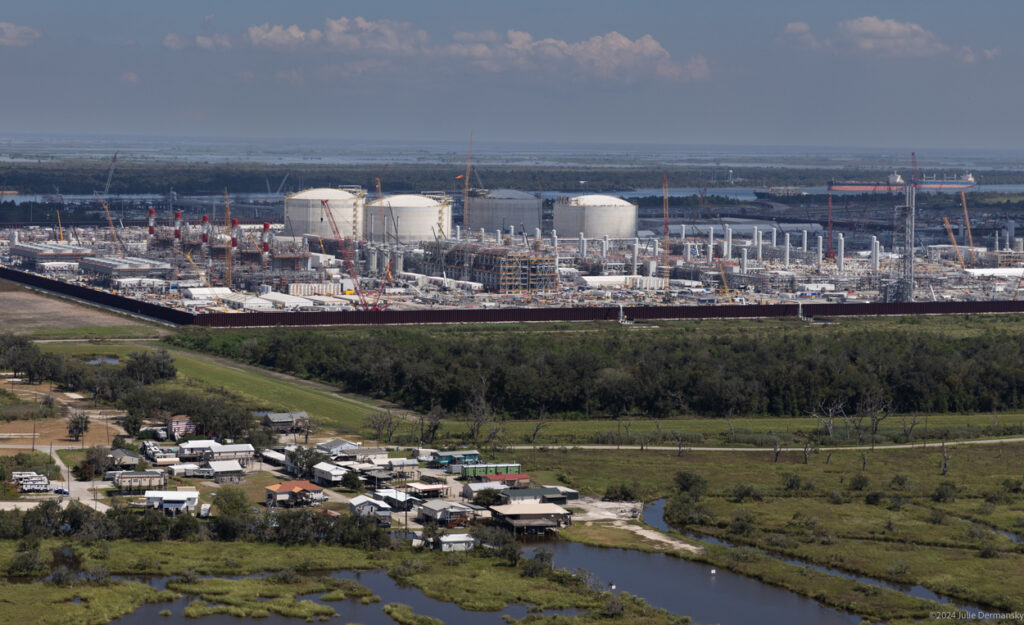A partial shift from coal to unconventional gas on a worldwide scale will continue to accelerate climate change for a significant amount of time, according to Tom Wigley of the National Center for Atmospheric Research (NCAR). An increased reliance on gas would eventually reverse the warming trend but would only decelerate climate change by a few tenths of a degree. According to Wigley’s findings, that miniscule change will only feasibly occur sometime between 2050 and 2140, depending on the severity of fugitive methane from gas drilling, processing, and transport operations.
Tom Wrigley, senior research associate at NCAR, is due to publish these findings next month in the peer-reviewed journal Climatic Change Letters. The journal recently received significant attention on this topic after publishing the striking findings of Professors Robert Howarth and Anthony Ingraffea. The Cornell University scientists performed a lifecycle analysis of the major fossil fuels to discover that unconventional gas offers little to no climate advantage over coal.
The hotly contested findings sent a shock wave through the gas industry and environmental community alike, challenging the notion that the continent’s vast reserves of unconventional gas could or should serve as an alternative, interim fuel during the switch to a low-carbon economy. Wigley’s findings also pose a significant challenge to this assumption.
“Relying more on natural gas would reduce emissions of carbon dioxide, but it would do little to help solve the climate problem,” Wigley told Science Daily. “It would be many decades before it would slow down global warming at all, and even then it would just be making a difference around the edges.”
Wigley’s research pays special attention to the particular atmospheric effects of burning gas and coal. When burned, gas produces less carbon dioxide than coal while producing a significant amount of methane, a potent greenhouse gas that reacts with other atmospheric gases such as ozone and water vapor. However, the particulate associated with burning coal, such as sulfur and ash, produces a cooling effect by preventing sunlight from entering the earth’s atmosphere. The pollutants associated with burning the carbon-intensive fuel, while not desirable by any means, have the ironic effect of counteracting coal’s tremendous global warming potential.
Like the Howarth article, methane leakages from gas production are important to Wigley’s findings. However, the figures surrounding fugitive methane emissions are at best imprecise. Plugging in a variation of methane leakage rates from zero to ten percent, Wigley was able to simulate a spectrum of results, none of which bode well for unconventional gas.
“Whatever the methane leakage rate, you can’t get away from the additional warming that will occur initially because, by not burning coal, you’re not having the cooling effect of sulfates and other particles,” says Wigley. “This particle effect is a double-edge sword because reducing them is a good thing in terms of lessening air pollution and acid rain. But the paradox is when we clean up these particles, it slows down efforts to reduce global warming.”
Any increase in global warming puts already fragile ecosystems at an even greater risk.
Wigley’s findings mean yet another challenge for the gas industry and their continuous claim that unconventional gas can and should provide the pathway to a clean energy future. It will be interesting to see how the gas industry responds to this new important contribution to the evolving science surrounding unconventional gas.
Subscribe to our newsletter
Stay up to date with DeSmog news and alerts







